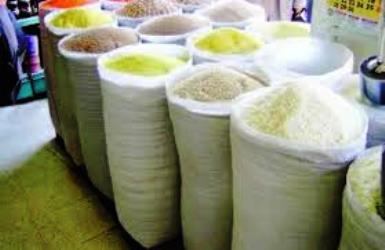The Federal Government has warned that those involved in food adulteration and forced fruit ripening in markets will soon be sanctioned.
The Executive Vice Chairman of the Federal Competition and Consumer Protection Commission (FCCPC), Mr. Olatunji Bello, issued the warning during a one-day sensitization program on the forced ripening of fruits, adulterated palm oil, contaminated meat, and grains in Uyo, the capital of Akwa Ibom State.
Bello, who was represented by the Director of Quality Assurance and Development at the Commission, Dr. Nkechi Mba, said any food seller who values profit above the safety of Nigerians will face the full weight of the law.
He explained that the FCCPC, as Nigeria’s top consumer protection body, has the legal duty to defend consumer interests, ensure fair market practices, and stop harmful activities across all sectors, including agriculture.
“To all operators, know that if you place profit above safety, you will face the law,” he said. “And to those in the food industry, remember that the future of your business depends on integrity. Upholding food safety and quality is not just a legal duty but also a moral one.”
Bello noted that the sensitization programme was aimed at informing, educating, and empowering both consumers and food industry players. The goal, he said, was to raise greater awareness about proper food handling, correct labeling, regulatory compliance, and ethical practices in the marketplace.
He added that the campaign was also part of the Commission’s strategy to teach Nigerians how to identify adulterated or contaminated food, the dangers of eating chemically ripened fruits, and how to report complaints or seek redress.
“Food safety is everyone’s responsibility,” he said. “The FCCPC is fully committed to working with all stakeholders to build a market that is fair, transparent, and safe for consumers.”
In his welcome remarks, the Director of Consumer and Business Education, Mr. Yahaya Garba, reminded Nigerians that they have the right to good health.
He expressed concern about the rising cases of harmful practices in food production and processing, describing the trend as disturbing.


